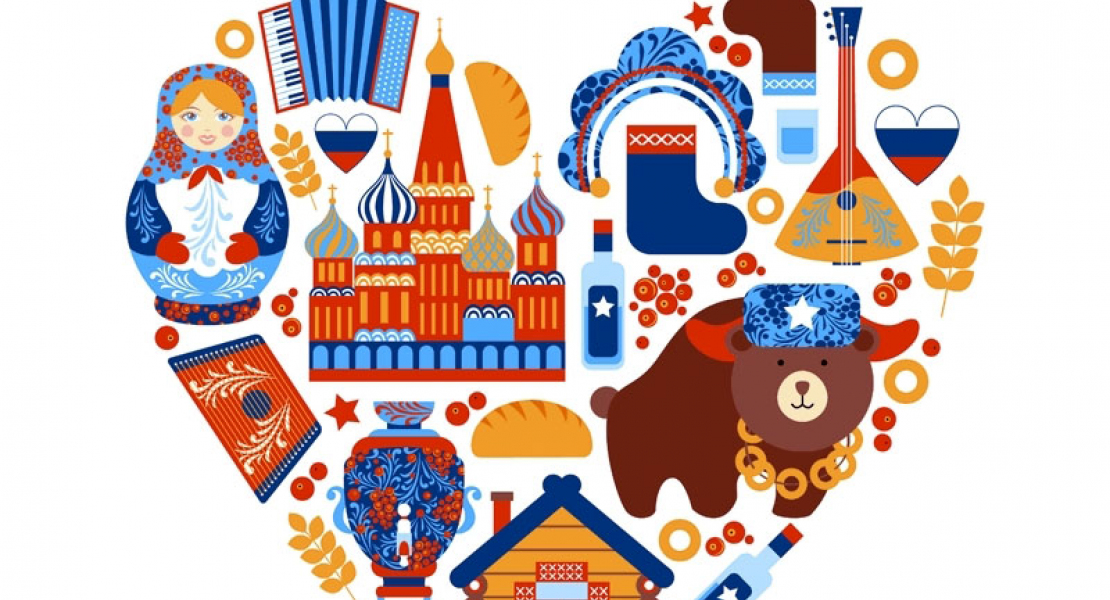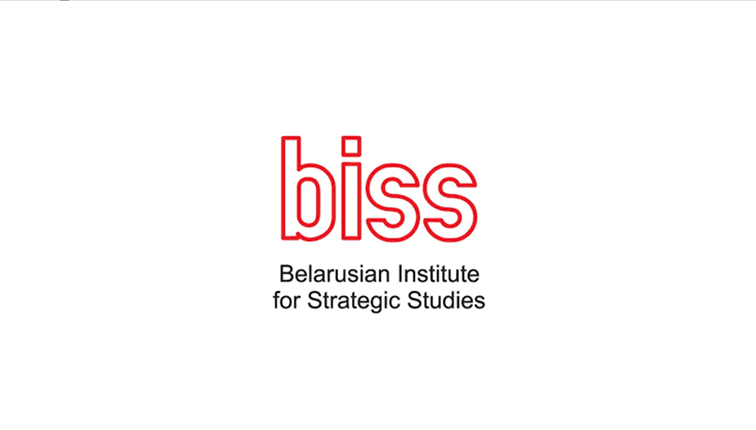picture: www.crefrussian.ru
Belarusians, deprived of a strong national identity, have developed Russia-oriented self-identifications at the supranational level.
In 2020, we witnessed unprecedented mass mobilization of Belarusians against autocracy and lawlessness. The durability of protests, scale of solidarity, ability of self-organization, and readiness to accept serious risks seem to testify to the fact that the demand for democracy is rooted in the value sphere. There is, however, a distinctly Belarusian problem in this context, relating to national identity.
In this forum contribution, I will first specify the problem of Belarusian national identity and provide evidence of its weakness. Second, I will argue that Belarusians tend to compensate for the weakness of their national identity by reinforcing a supranational identity. The ‘Russian World’ (Russkiy mir) currently fulfils this function. Third, I will show that Belarusians are relatively eurosceptic, and suggest that this is a byproduct of attachment to Russianness as a substitute for national identity.
The weakness of Belarusian national identity
In Central and Eastern Europe, distinct national language, nation-centric historical narratives, and history-rooted national symbols are the most common ways of building collectives at the national level. In Belarus, the Belarusian language is the natural candidate for the distinct national language. A long history, running from the Polotsk Principality (IX–XI ct.), through the Grand Duchy of Lithuania (XIII–XVIII ct), the short-lived Belarusian National Republic in 1918, to the post-USSR Republic of Belarus, could serve to construct a nation-centric narrative. The white-red-white flag and Pahonya emblem, rooted in the pre-Soviet history, are good candidates for historical national symbols, as opposed to the red-green flag and wheat-and-star emblem, both designed during the Stalin era, with no reference to Belarus’ history.
Read the full article in the New Perspective Journal


